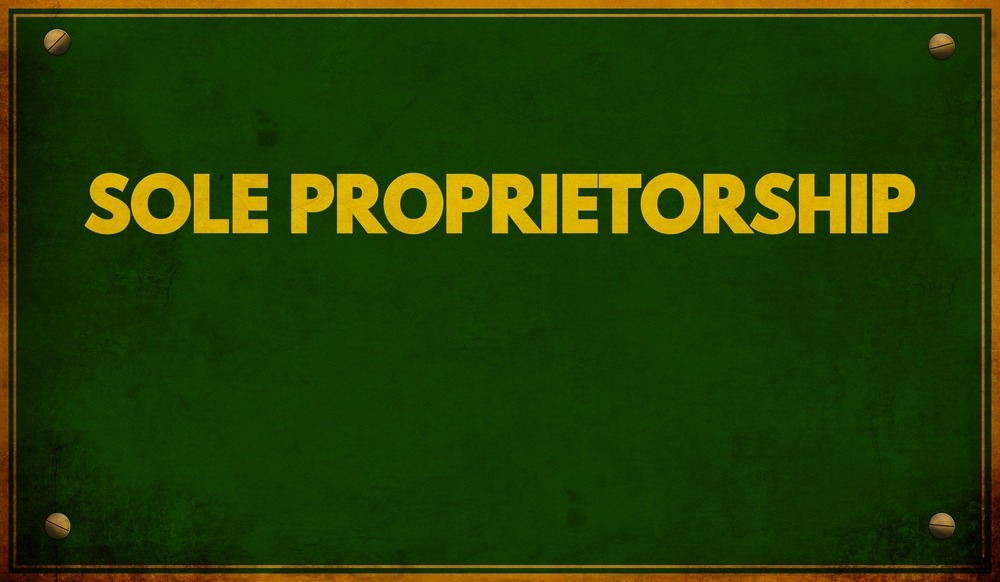
A sole proprietorship is an unincorporated business owned and operated by a single individual. It is one of the simplest structures under which a business can operate. Under this structure, there is no distinction between the business and the owner. You are entitled to all the profits and are personally responsible for all of the business’s debts, losses, and other liabilities.
Part of what makes a sole proprietorship so easy to start is that no formal action is needed to form it. As long as you stay the only owner, the status of a sole proprietorship is automatically given to your business based on its activities.
However, as with any business, you need to obtain the necessary licenses and permits for your business to operate within the bounds of the law. If you want to operate under a name different from your own, you will likely need to register your trade name (commonly known as a DBA).
To do this, you have to choose a name that has not already been claimed by another business. In Georgia, you must register the name by submitting the appropriate paperwork to the Superior Court of any county in which you are doing business.
Because you and your business are treated as one under this model, the business’s income is not taxed. The revenue generated by the business is treated as your personal income.
This being the case, you have to report income and/or losses and expenses with a Schedule C and a standard Form 1040. The “bottom-line-amount” that appears on the Schedule C transfers to your personal tax return, putting the responsibility to withhold and pay all income taxes on you, including self-employment and other estimated taxes.
If you need legal help with starting your sole proprietorship, contact a business formation attorney at Sparks Law.